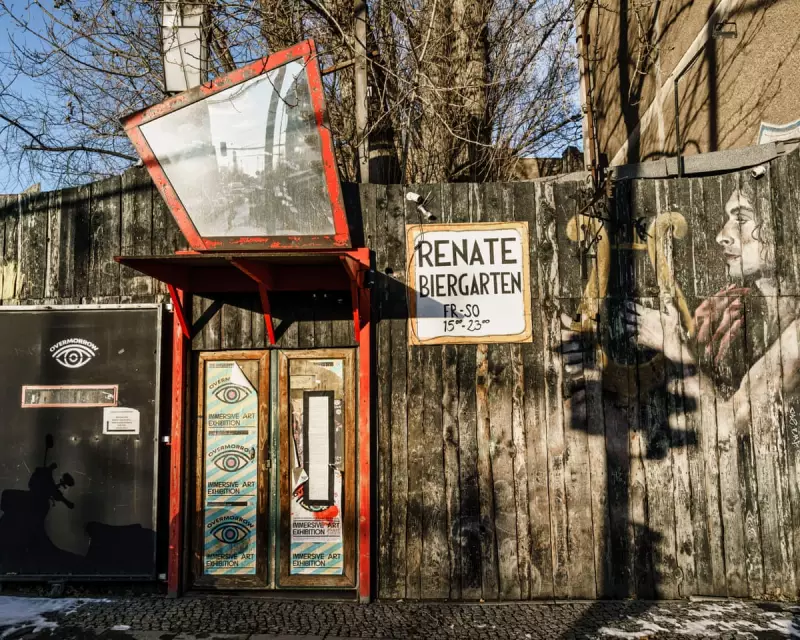
Berlin's legendary nightlife, the pulsating heart of its cultural identity, is fighting for its very existence. The very venues that made the city a global clubbing mecca are now under siege from a perfect storm of commercial pressures, regulatory changes, and a property market running wild.
For decades, abandoned power plants and crumbling factories provided the raw, post-industrial canvas for a world-leading electronic music scene. Now, these same spaces are prime real estate targets, with developers circling and rents skyrocketing beyond recognition. The iconic Berghain, a former heating plant, now finds itself in a neighbourhood transformed by luxury apartments and corporate offices.
The 'Entertainment Tax' That's Anything But Fun
Adding insult to injury, the city's left-leaning coalition government has introduced a new 5% 'entertainment tax' on nightclub admissions. Intended to fill city coffers, club owners warn it's a devastating blow to an already fragile ecosystem. Many operate on razor-thin margins, and this new levy threatens to push them into the red, forcing tough choices between raising door prices for punters or cutting costs elsewhere.
More Than Just a Party: The Cultural Cost
This isn't just about where to dance on a Saturday night. Berlin's club culture is a massive economic driver and a crucial incubator for art, music, and LGBTQ+ communities. Clubs like ://about blank are more than dancefloors; they are cultural centres hosting discussions, readings, and art exhibitions. Their potential closure represents an immeasurable loss to the city's social fabric.
While the government has launched initiatives like the 'Club Future' fund, offering grants for sustainability projects, many in the industry see it as a drop in the ocean compared to the tidal wave of financial pressures they face. The fight for Berlin's soul is on. The question remains: can the city find a way to grow and develop without extinguishing the creative, underground spark that made it so desirable in the first place?





